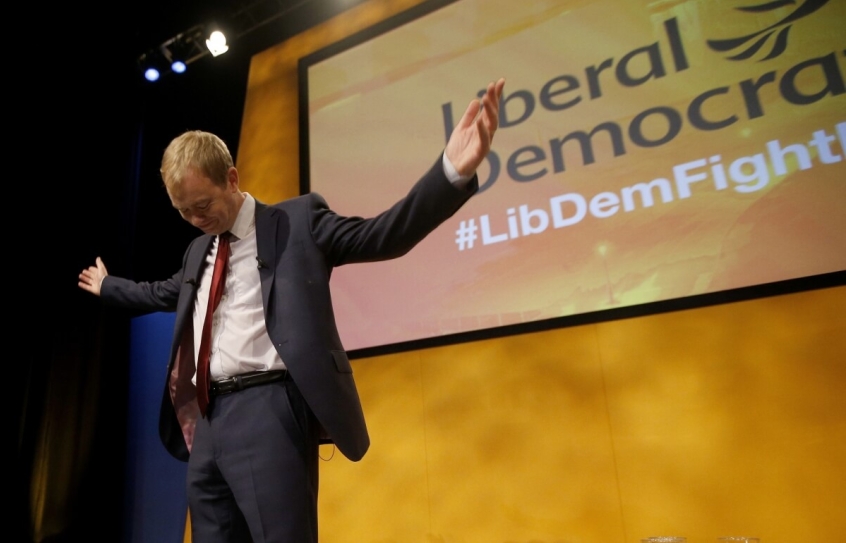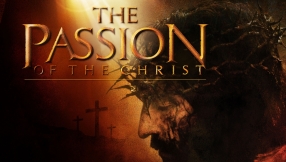Liberal Democrat leader Tim Farron headed to Lewes today desperately praying his faith will not make headlines for the rest of this election campaign.
It is nearly a week since he was cowed into admitting, finally and reluctantly, that he did not think gay sex was a sin.
And with that pained and uncomfortable BBC interview, he will hope the issue has been put to bed and the tricky issue of his evangelical Christian faith doesn't raise its ugly head again.
Out of all the interesting discussion points that arose from the debate, not once was it suggested that Tim Farron's faith might be a good and positive thing.
Instead his widely known Christian commitment was decidedly unhelpful for him. Even Farron himself seemed slightly embarrassed by it.

'I take the view as a political leader I am quite careful about how I talk about my faith,' he said.
'I don't bang on about it.'
He added: 'I don't think people want political party leaders saying what is and isn't a sin.'
The contrast with the US is stark.
Only last week the story emerged of how Donald Trump's cabinet meets for a one-hour Bible study with a right-wing pastor every week. Republican Christians hailed the move in particular and were gleeful 'their man' was putting time with God front and centre of his schedule.
Whereas in the US faith is generally respected in politicians, in the UK it is barely tolerated.
This is largely down to the different religious histories between here and the States. Britain has an established Church and with that comes a degree of baggage.
The monarch is both head of state and Supreme Governor of the Church of England and while both of those are now little more than a title, the legacy is of a Church associated with power and politics.
And as Justin Welby's regular interventions prove, the Archbishop of Canterbury is very much still a political figure in British life.
Inevitably the Church is therefore tainted by association with some of the UK's more gruesome periods.
The Civil War, for example, born out of religious enthusiasm against a King who was head of the Church, led to hundreds of thousands of deaths including up to half the population of Ireland.
After that, to go with the religious status quo in the Church of England was to be associated with power, wealth and often oppression.
To go against it with the Nonconformist Baptists and Puritans was to be associated with rebellion, instability and occasionally violence, while later Methodists were often regarded as simply odd.
It was lose-lose and it is unsurprising religion in modern politicians is viewed with such suspicion and antagonism.
Across the Atlantic the picture could not be more different. Despite the frequent re-writing of history to show America as a Christian nation, the early fathers were decided secularists who split Church and state when writing the American constitution.
Left out of an official place in politics, Christians in America looked to influence from the outside.
Combined with an inherently negative view of government as invasive in the US, Christianity could be seen as the redemptive force politics needed.
Far from being associated with unhealthy power, the Church was historically outside government.
So when politicians proclaim their Christian faith, it is still seen, predominantly by right-wing Republicans, as bringing a healthy redeeming aspect to the dirty 'secular' world of Washington politics.
There are of course dangers on both sides. In the UK we risk missing the positive impact faith has on the political arena, from support for child refugees and anti-human trafficking initiatives to foodbanks and debt relief projects. In the US the risk is Christianity – in its evangelical form especially – will become so closely associated with a particular brand of politics it becomes tarnished by the compromises needed to gain and exercise power.
Arguably, neither in Britain or the US is there a healthy relationship between religion and politics.
Follow Harry Farley on Twitter: @HarryFarls













